INVITED SPEAKERS
- Dr. R. Venkatesh Babu, Indian Institute of Science (IISc), Bangalore
- Ms. Ramya Hebbalaguppe, TCS Innovation Labs, New Delhi, India
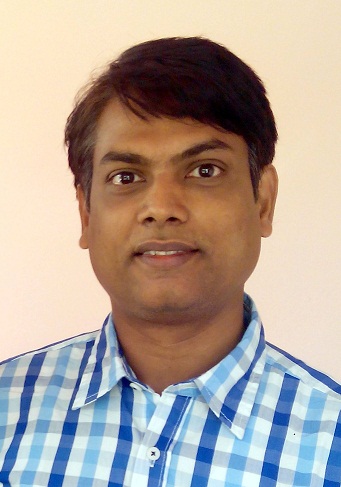 Dr. R. Venkatesh Babu,
Dr. R. Venkatesh Babu,
Indian Institute of Science, Bangalore
Dr. R. Venkatesh Babu is an associate professor in Computational and Data Sciences (CDS) at Indian Institute of Science (IISc), Bangalore. He received doctorate degree from the Dept. of Electrical Engineering, Indian Institute of Science, Bangalore. He held postdoctoral positions at NTNU, Norway and IRISA/INRIA, Rennes, France, through ERCIM fellowship. Subsequently he also worked as a research fellow at NTU, Singapore. He had been working with industry before joining IISc in August 2010.
Research interests of Dr. R. Venkatesh Babu span over signal processing, compression, machine vision, image/video processing, pattern recognition and multimedia. The challenge of emulating human perception, understanding and decision-making capacity, on problems stemming from real-life applications of multimedia have been his research focus. He is specifically interested in compressed domain video analysis/processing, video surveillance, visual tracking, event detection, object-based video retrieval and image/video quality assessment.
Title and Abstract of the talk:
Deep Neural Networks and It's Robustness
Deep learning has significantly changed computer vision research. Deep models have achieved state of the art performance in almost all vision tasks. Though Deep models show human level performance across many inference tasks, they are shown to be vulnerable to adversarial noise: small but structured perturbation added to the input that affects the model’s prediction drastically.
More importantly, the adversarial perturbations exhibit cross model generalizability. That is, the perturbations learned on one model can fool another model even if the second model has a different architecture or has been trained on a disjoint subset of training images. Till now the perturbations learned have been image-specific but lately, it is shown that it is feasible to mislead multiple state-of-the-art deep neural networks over most of the images by adding a single perturbation. Such perturbations are named“Universal Adversarial Perturbations” (UAP) because a single adversarial noise can perturb images from multiple classes.
On one side, the adversarial noise poses a severe threat for deploying ML based systems in the real world. Particularly, for the applications that involve safety and privacy (e.g., autonomous driving and access granting), it is essential to develop robust models against adversarial attacks. On the other side, it also poses a challenge to our understanding of these models. In this talk we will discuss briefly how deep learning has changed computer vision research and various crucial works done towards crafting adversarialperturbations including UAPs.
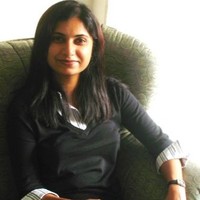 Ms. Ramya Hebbalaguppe,
Ms. Ramya Hebbalaguppe,
TCS Innovation Labs, New Delhi, India
Ms. Ramya Hebbalaguppe is a scientist in Deep Learning and Artificial Intelligence (DL-AI) Research Group at TCS Research, New Delhi. She earned her M. E. in Artificial Intelligence from INSIGHT: Research Centre for Big Data Analytics, at Dublin City University, Ireland. Prior to her post graduate studies, she was a researcher at School of Computer Engineering, Nanyang Technological University, Singapore working in the field of computational photography. Her research interests include: Augmented reality, Computer Vision, Computational Photography and Machine Learning. She is a recipient of best research paper award at SPIE - 2012, San Francisco, Invent award for commercialization, 2014, during her academic tenure at INSIGHT. She has also received individual excellence and team awards during her work in industry. At TCS research, her group enables mass market reach via frugal AR solutions.
Title and Abstract of the talk:
Deep Learning for Augmented Reality Applications
Over the past decade, information technology has transitioned from desktop to mobile computing. These days smartphones, tablets, smart watches and head-mounted devices are being used extensively. With this paradigm shift in terms of computing from office, home-office environment to an anytime-anywhere activity, Augmented Reality(AR) is a metaphor in situated computing. My talk centers on the use of computer vision/deep learning for developing AR applications for mass-market. The talk would highlight AR used for industrial inspection, maintenance and repair (MRO) for Industry 4.0. We show how AR can be used to improve on accuracy, speed and cognitive load of performing complex operations on site. I will also demonstrate In-air Gestural User Interfaces, In air writing, and smartOverlays solutions that were developed in-house at TCS research, New Delhi.

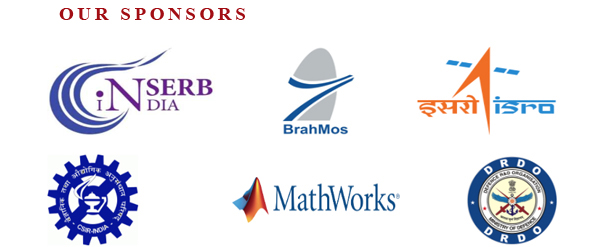
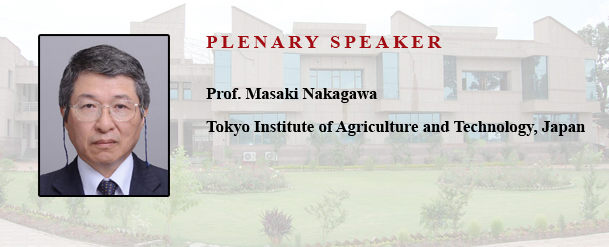
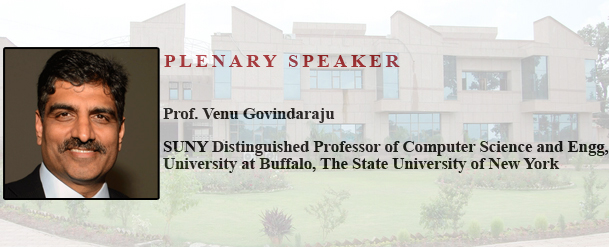
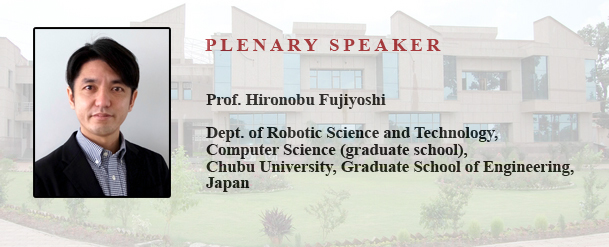
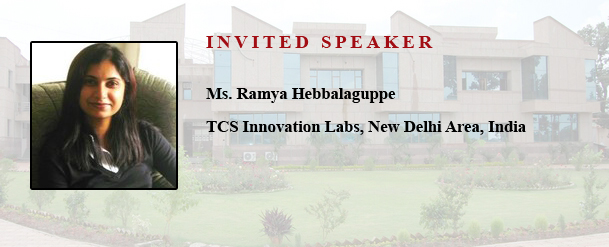




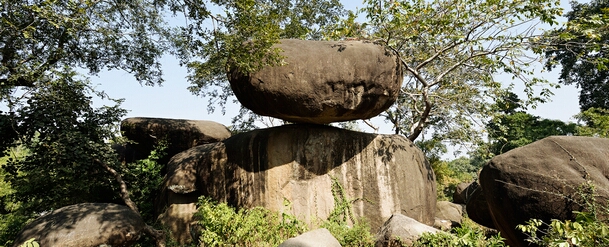
 Photo Gallery
Photo Gallery
 Dumna Airport Road, P.O.: Khamaria, Jabalpur - 482 005, Madhya Pradesh, India Tel:+91-761-2794373 Fax: +91-761-2794094
Dumna Airport Road, P.O.: Khamaria, Jabalpur - 482 005, Madhya Pradesh, India Tel:+91-761-2794373 Fax: +91-761-2794094